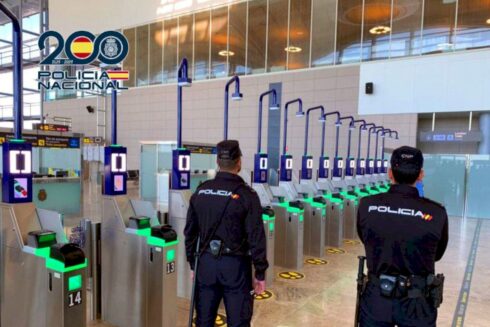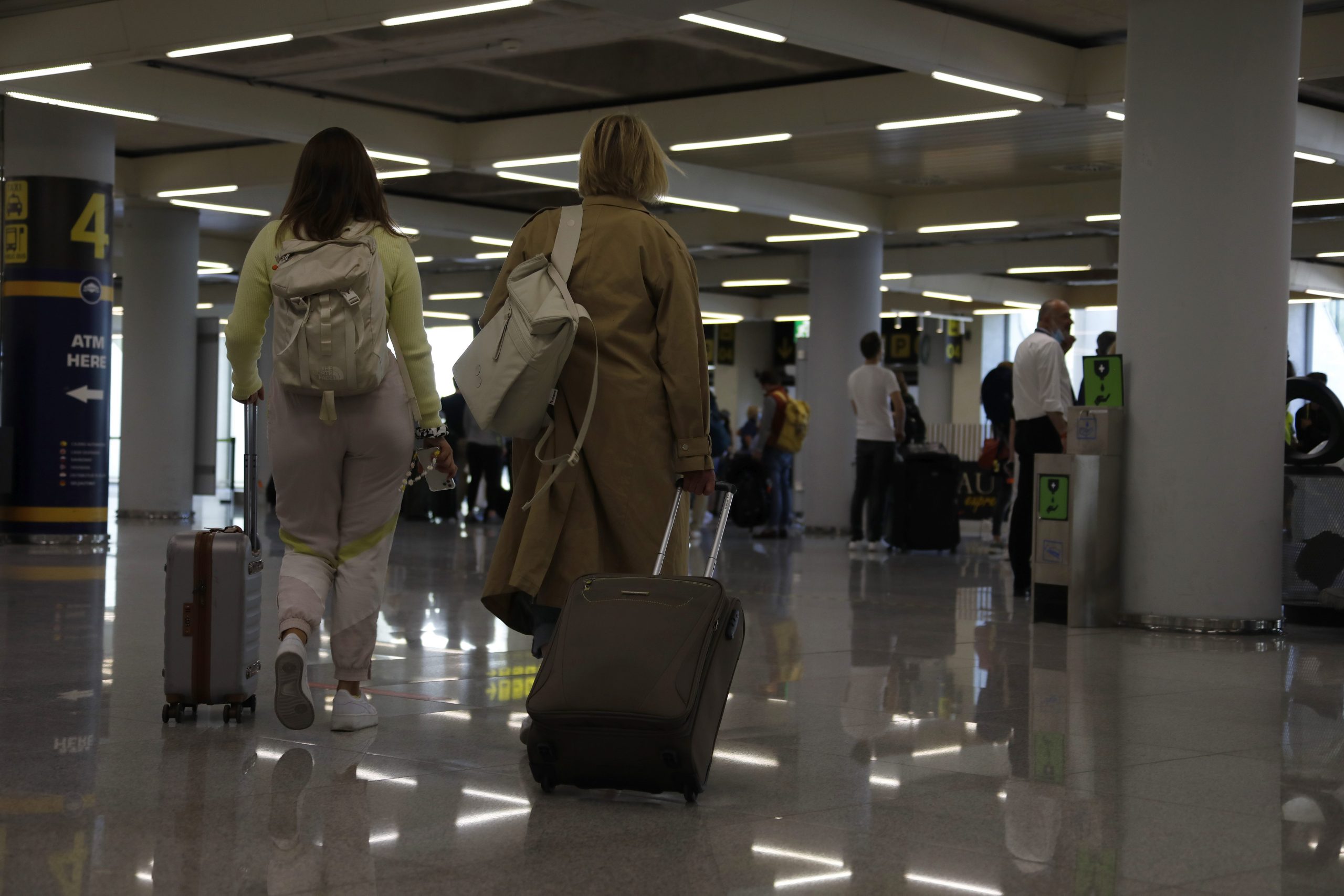THE European Commission has proposed a phased start in 2025 for its much delayed new EU digital border system known as EES.
The proposal, once it has been approved and a date for the start of the system has been set by the Commission, will mean that EU Member States will have six months to deploy the EES.
The Entry/Exit System (EES) is an automated IT system for registering non-EU nationals- including those from the UK- travelling for a short stay, each time they cross the EU external borders.
READ MORE:
- EU’s Entry/Exit System that will scan British passports could be delayed yet again
- British expats in Spain are warned to get a TIE card ahead of EU’s new entry/exit system
- British tourists report being refused entry into Spain for failing to show this document at the border – including a couple visiting their OWN home

It will monitor those who come to the bloc for visits, holidays or business and stay for up to 90 days within a 180-day period.
The system will digitally record the person’s name, type of the travel document, biometric data (fingerprints and captured facial images) and the date and place of entry and exit, in full respect of fundamental rights and data protection.
Travellers will need to scan their passports or other travel document at a self-service kiosk each time they cross an EU external border.
It will not apply to legal EU citizens or residents or those with long-stay visas.
The EES modernises border management by increasing efficiency and quality of processes at the border according to the EU.
The new system will simplify border controls and make them more resilient to attempts of fraudsters.
The proposal allows countries to progressively benefit from advantages and capabilities of the system, while border authorities and the transport industry will have more time to adjust to the new procedures.
EU officials say the system is being introduced to bolster border security and identify travellers who overstay their permitted time in the Schengen Area (90 days within a 180 day period).
“With the EES, we will know exactly who enters the Schengen Area with a foreign passport,” Ylva Johannson, the EU’s former home affairs commissioner, said in an August speech at eu-LISA, the agency overseeing Europe’s large-scale IT systems









